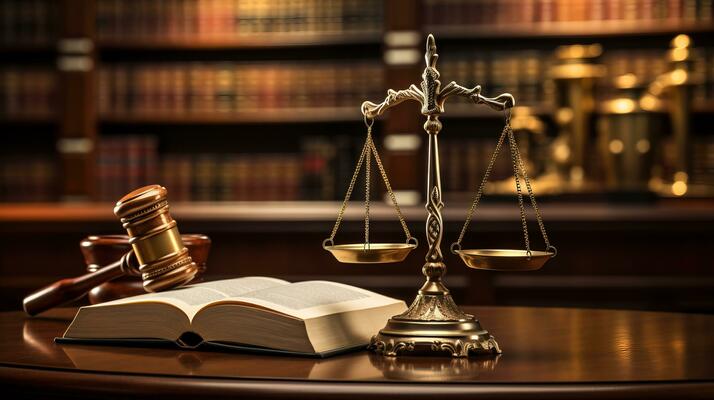Litigation in Thailand
Litigation is the process of resolving disputes by filing or answering a complaint through the public court system.
In courts, litigation is governed by a number of rules: the Rules of Civil Procedure, the Rules of Criminal Procedure, the Rules of Appellate Procedure, the Rules of Bankruptcy Procedure, and the Rules of Evidence. These are supplemented by the standing orders of judges.
Lawsuit in Thailand
A lawsuit is a proceeding by one or more parties (the plaintiff or claimant) against one or more parties (the defendant) in a civil court of law. The archaic term “suit in law” is found in only a small number of laws still in effect today. The term “lawsuit” is used with respect to a civil action brought by a plaintiff (a party who claims to have incurred loss as a result of a defendant’s actions) who requests a legal remedy or equitable remedy from a court. The defendant is required to respond to the plaintiff’s complaint or else risk default judgment. If the plaintiff is successful, judgment is entered in favor of the plaintiff, and the Court may impose the legal and/or equitable remedies available against the defendant (respondent). A variety of court orders may be issued in connection with or as part of the judgment to enforce a right, award damages or restitution, or impose a temporary or permanent injunction to prevent an act or compel an act. A declaratory judgment may be issued to prevent future legal disputes.
A lawsuit may involve resolution of disputes involving issues of private law between individuals, business entities or non-profit organizations. A lawsuit may also involve issues of public law in the sense that the state is treated as if it were a private party in a civil case, either as a plaintiff with a civil cause of action to enforce certain laws or as a defendant in actions contesting the legality of the state’s laws or seeking monetary damages for injuries caused by agents of the state.
Conducting a civil action is called litigation. The plaintiffs and defendants are called litigants and the attorneys representing them are called litigators. The term litigation may also refer to the conducting of criminal actions (see criminal procedure).
Criminal procedure in Thailand
Criminal procedure is the adjudication process of the criminal law. While criminal procedure differs dramatically by jurisdiction, the process generally begins with a formal criminal charge with the person on trial either being free on bail or incarcerated, and results in the conviction or acquittal of the defendant. Criminal procedure can be either in form of inquisitorial or adversarial criminal procedure.
Practice Areas in Bangkok:
- Civil Cases
- Commercial Cases
- Criminal Cases
- Labor Disputes
- Family Cases
- Administrative Litigation and Appeal
- Tax Cases
- Intellectual Property and International Trade
- Arbitration
